For most households and individuals, the weekly food bill can take a big slice out of our finances.
I’ll be honest, food shopping in NZ is expensive! We would all rather be spending our money on really exciting things like a $539 ticket to Bangkok. (Side note: how great are the cheaper airfares these days!)
There's no denying with high quality food can come extra cost - but fortunately there's plenty of savvy little tips, tricks and middle ground that can help us avoid compromising on nutrition, while still shopping inexpensively.
Scroll down to see Feel Fresh Nutritions top tips for eating healthy on a budget:
Always meal plan:
Planning weekly meals is crucial on a budget. It helps limit eating out, it ensures you’re only purchasing ingredients needed for coming meals, and encourages the use of leftover ingredients at home minimising unnecessary spending and food waste.
When meal planning, start with doing a kitchen inventory of your current stock, then plan out meals, making sure to utlise ingredients already have on hand. Finish by writing a grocery list and only buy what you need when you go shop, with some flexibility to accommodate sales.
Check out our Meal Prep 101 blog post for more information on meal prepping!
Keep it simple:
Good healthy food is simple food - the basics; our fruits and veggies, eggs, fish, meats, grains and legumes. When we start to cut out extra items that aren’t necessary for our weekly meal plan, more space opens up in our budget. Otherwise, within the basics here's some tips to reduce costs further:
For meat go for cheaper cuts, like stewing beef, silverside, whole chickens and mince. Slow cooking can make toughest of cuts very tender and juicy!
For produce, shop seasonal or go for tinned or frozen. Look for produce grown in NZ, head along to fruit and veggies markets at the end of the day for a great bargain, or consider yourself a green thumb and try grow your own!
For grains don’t forget generic brands. Staples such as rice, pasta, tinned foods, offer have cheaper brand alternatives that are just as great as more expensive branded items. If you have any concern around nutritional quality, it's best to compare the ingredients panel of a product.
Waste not, want not:
Eating healthy on a budget means becoming more savvy around food waste and getting the most out of your ingredients. Whether we have produce spoiling, or uneaten leftovers going to waste, each time we discard food it costs - here are ways to get creatives with leftover ingredients:
Blend leftover spinach with water and freeze into nutritiou ice cubes to add to green smoothies
Preserve or stew excess fruit
Bake leftover potato peeling into crispy potato skin chips!
Blitz stale bread into breadcrumbs
Mash spotty banana for baking
Turn leftover chicken/fish/meat bones and veggie peelings into homemade stock
Add chopped fresh herbs with oil/water to ice cube trays and freeze. Add a cube to a pan at the start of cooking a meal as a herb-infused oil
Use day-old/leftover rice in fried rice
Add old food to the compost bin and worm farms!
Consider trialing more meat-free meals!
Plant-based proteins such as lentils, chickpea and beans are not only nutritionally rich, but are also significantly cheaper than animal protein. They’re excellent at bulking out dishes and work well as a strategy to stretch meals, particularly in dishes like taco mince or bolognese sauces. Try cutting the amount of meat in half, and subbing in a few tins of your favourite plant-based protein - for example, instead of 1kg of mince meat, go for 500g with 1-2 tins of brown lentils.
Keep a tidy kitchen:
If our fridge or pantry is cluttered, it can be difficult to keep up with what's ready to be eaten and what's expired. By keeping an organised storage space, we can help minimise food spoiling, which is better for our health, our wallets and the environment.
Do a regular stocktake and clean of your fridge once a week, and pantry every few weeks. Dispose of expired food if needed (label and date food items).
This blog was especially created for our friends at southern cross while we help them out on there health journey.
We hope you found these food budgeting tips helpful.
Thanks from the team at Feel Fresh Nutrition!











